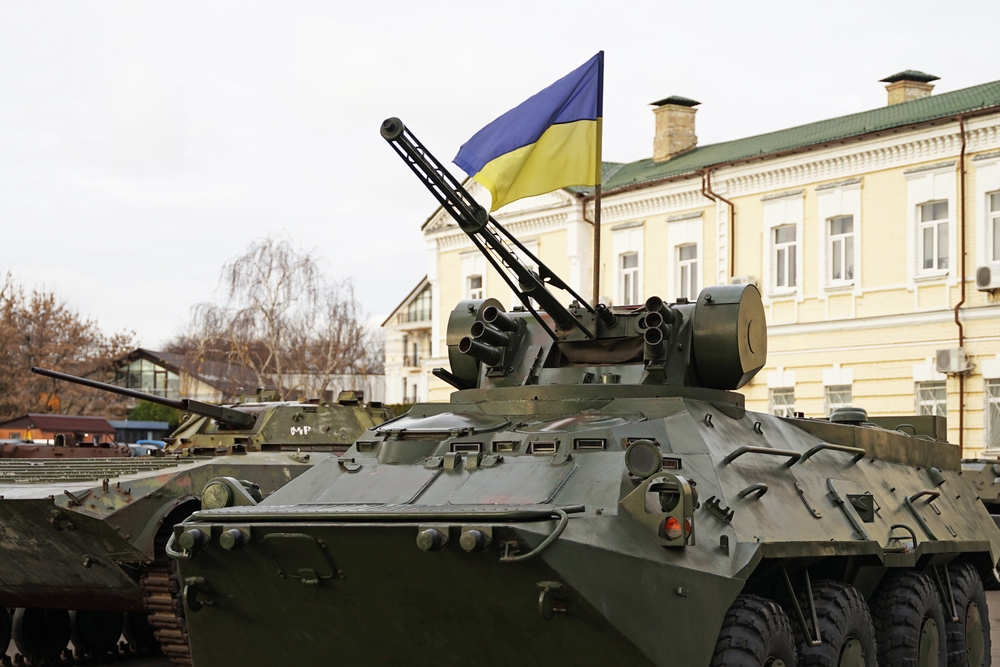The Arab World was already witnessing several conflicts and crises when it was hit by first the COVID-19 pandemic, then by the fallout from the Russian invasion of Ukraine. that has been going on for over six months. Like the world as a whole, the MENA region has suffered rising food and fuel prices, and the war on Ukraine has also impacted the policies of major powers towards the region. In general, this impact can be summed up as follows:
Increased US engagement: US domestic conditions have been heavily impacted by the war in Ukraine, as consumers have been hit by rising gas prices as well as an overall rate of inflation the US has not experienced for four decades. Developments after the war have led President Joe Biden to change the approach to the region he had adopted during the first 18 months of his presidency, which entailed a reduced US footprint and less involvement, except with pressing issues, and to proceed with redeployments of US troops in the region in keeping with the aim of shifting attention to the Indo-pacific theater. US policy now prioritizes the combatting of Russian and Chinese influence in MENA, especially as some Arab countries chose to adopt a neutral stance regarding the Ukraine conflict, and many refused to join in western sanctions on Russia, and the attempts to isolate Russia diplomatically. This new stance was reflected in President Biden’s comments during the Jeddah Security and Development Conference, where he asserted that the US will not leave a void in the MENA region to be filled by Russia, China, and Iran.
A surge in Russian diplomacy: Russia has implemented a concerted diplomatic campaign in the MENA region to achieve two goals: Firstly, to highlight the failure of US and EU efforts to isolate Russia on the international scene, and to undermine its significant presence in the region; and secondly, to strengthen Russia’s political and economic ties with nations that do not support the West’s stance regarding the war in Ukraine. Shortly on the heels of President Biden’s visit to the region, from the 13th till the 16th of July, President Vladimir Putin visited Iran on the 19th of July. During the visit, he met with Iranian President Ibrahim El Raisi and the Turkiye’s President Erdogan. After that, Sergei Lavrov the Russian Foreign Minister visited the region, 24th – 28th of July, in a tour that included Egypt as well as African states including Ethiopia, Uganda, and the DRC. Lavrov gave a speech to the Arab League on the 24th of July, in which he lauded what he termed the balanced positions taken by Arab countries regarding the crisis in Ukraine. Some US analysts viewed the Russian diplomatic campaign as more successful than President Biden’s visit, as many Arab states demonstrated their unwillingness to abandon their strategic relationships with Russia.
Destabilizing food and energy security: The Russian-Ukrainian conflict has affected food and energy security in many Arab countries that depend heavily on food and energy imports. Lebanon in particular was severely hit, as the country was already suffering from energy, electricity, and food shortages, resulting from the Beirut port explosion and the ongoing political crisis, which has hampered recovery efforts.
Economic gains for oil producing countries: Oil and natural gas producing countries have made significant gains from the rise in energy prices on the global market. These countries are expected to make an additional 1.3 trillion dollars from the rise in oil prices within the next four years. They are also expected to gain a bigger share of the global energy market. The expected surplus in their national budgets is likely to accelerate the economic growth in these countries to a significant degree.
A bigger European market for regional energy exports: Europe’s need to find alternative sources to Russian energy supplies, has led it to the MENA region. Several European countries have already signed agreements with Arab gas-producing countries to increase gas supplies to Europe before winter. Algeria, for example, increased its gas shipments to Italy to become its number 1 supplier, replacing Russia. French President Emmanuel Macron visited Algeria last August, with the possibility of increasing Algerian gas supplies to France high on the agenda.
MENA countries have acquired new weight on the international scene as a result of the ongoing crisis in Ukraine. The Biden Administration has also been forced to adjust its stance towards the region, as the rise in energy prices has an important impact on US domestic politics. Awareness of this situation has led more Arab countries to deal with the US from a more equal footing. Arab countries also have come to understand that, although Russia cannot replace the US terms of weapons exports and military support, maintaining relations with Russia provides them with a measure of maneuverability. This helps create a degree of balance in Arab-US relations and will help reduce the repercussions of any possible shifts in US policy towards the MENA region in the near future.


